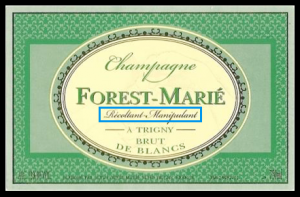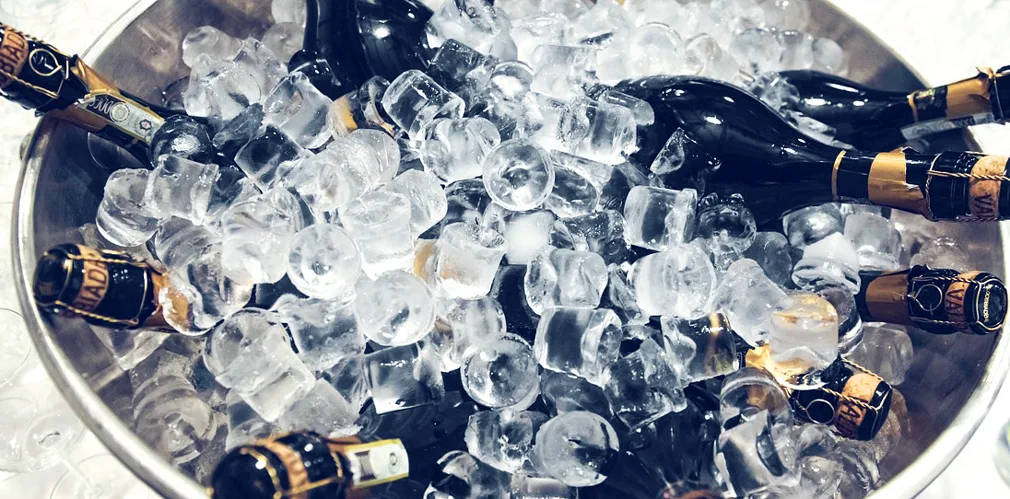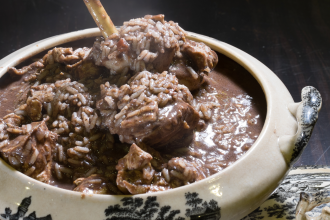In Champagne there were once two camps: the guys that grew the grapes and the guys that bought the grapes. The growers would sell their fruit to bigger corporations who in turn smacked their name on it and carried out the winemaking process.
Well, the industry is changing. Now these growers are making their own wine from their own grapes. Moms who love Whole Foods and Brooklyn hipsters alike are now lauding these more “artisanal” wines.
But what is the actual difference between the big guys (negociants) and the little guys (growers)? For starters, an “RM” (Récoltant-Manipulant) can be found in small print on the label of a grower champagne.

These wines can be excellent expressions of small plots since they aren’t pressured to make a lot of wine. They follow their owns styles and can create trends. Often they are exceptional “terroir-driven” wines that speak of a place. These wines are the current darlings among sommeliers. People feel better about themselves when they know who made the wine and which vineyards it came from. This smaller scale winemaking challenges the aristocratic nature of Champagne.
On the other side of the market are Negociant Champagnes. These are the ones you most commonly see in stores- the brand names, the guys that drive the market. But don’t be fooled, these aren’t the McDonalds of the wine world.
These larger houses have a lot of purchasing power. They have access to a multitude of older vintages for blending, and they get the best grapes from the best growers (sometimes hard to come by in bad years). In turn, this leads to a consistent product every year.
Negociants also have the capital that allows them to sit on these wines for years (sometimes decades or more) without making a profit. This allows the wines to age to perfection- a hyperbole only until you actually taste the current release of Krug.
In contrast, Grower champagnes are sometimes released too early because these gentle farmers need to make a buck and put food on the table. Negociants have hundreds of contracts with growers throughout the region. This allows them to be selective and focus on quality.
So don’t be a snobby sommelier and shun the big guys just because they’re “mainstream.” The debate between grower and Negociant champagne is a debate that isn’t.
They are simply different styles, and in Champagne they all party together anyway. Plus, those smaller growers aren’t exactly starving artists living in lofts in Bushwick. There is a saying in Champagne, “those that are not doing well have to polish their own Porsche….”









1 Comment